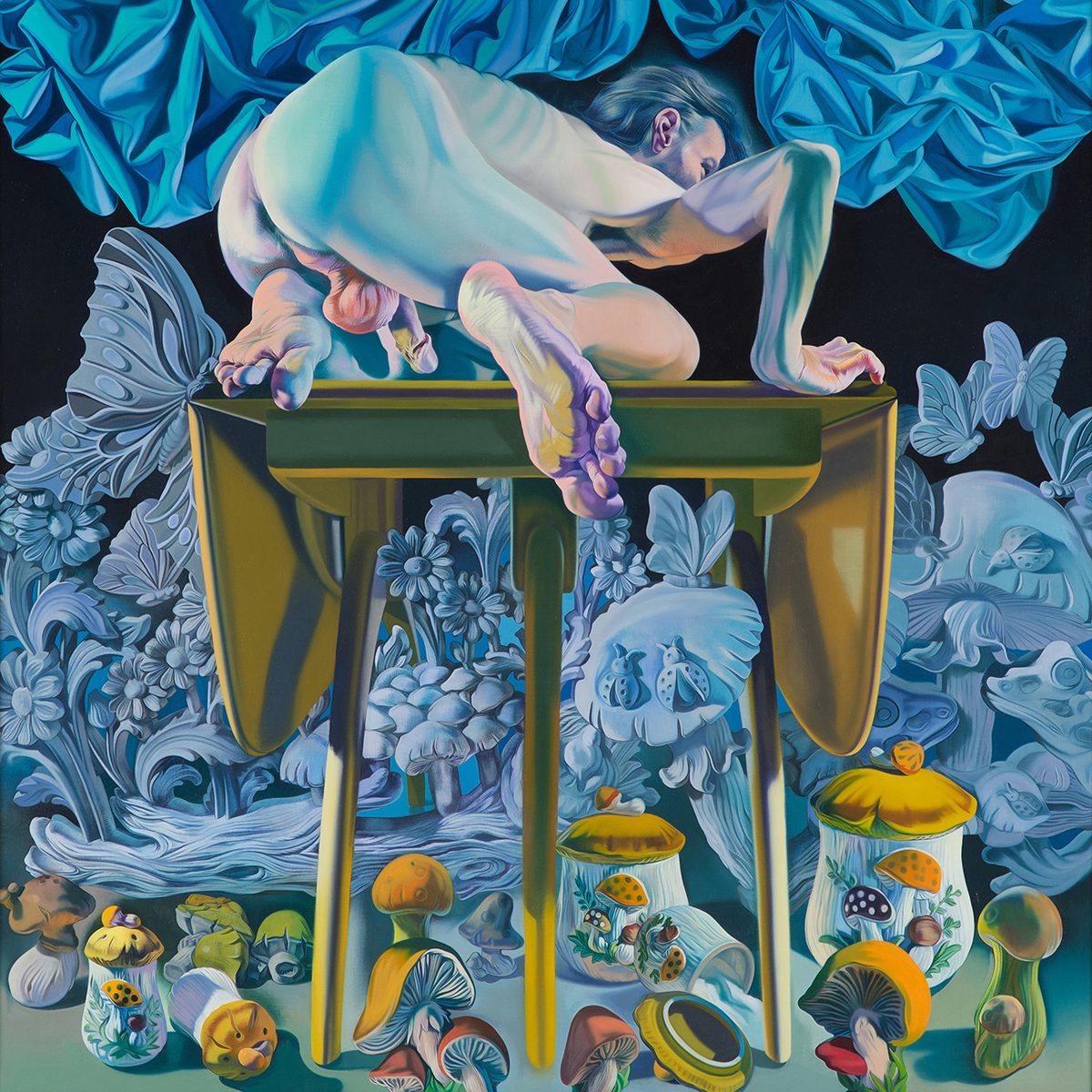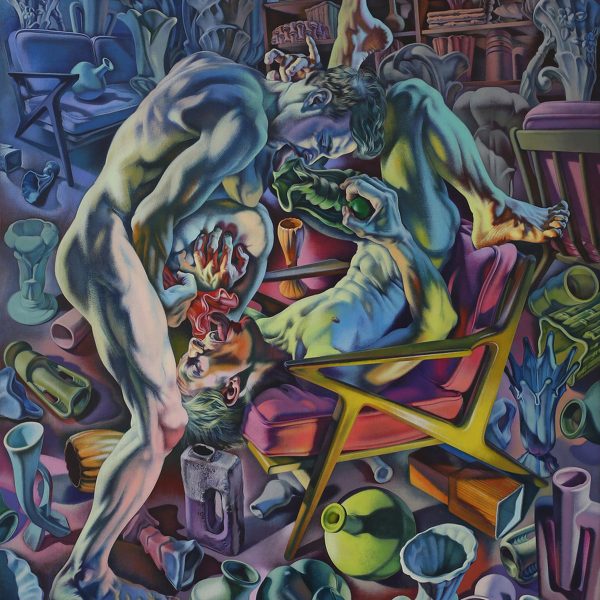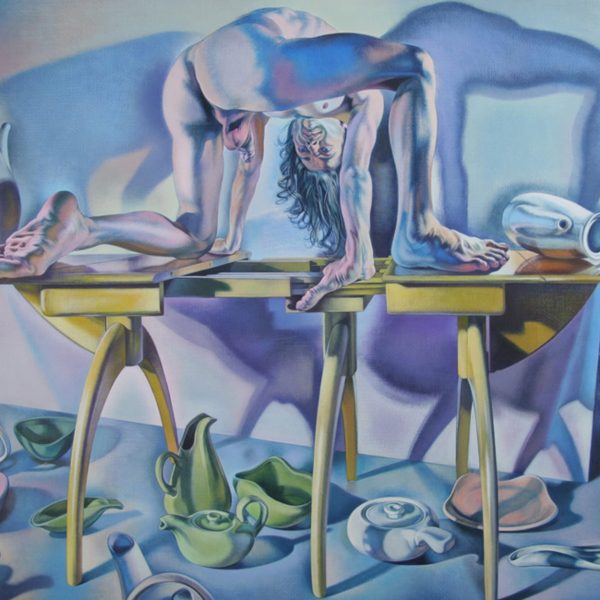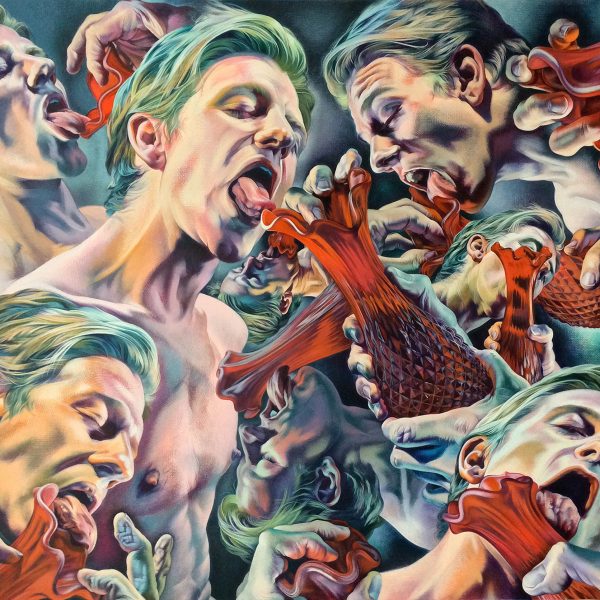About
Brett Reichman is a painter and former Professor at the San Francisco Art Institute where he taught in both the graduate and undergraduate programs for over 25 years. Born in Pittsburgh, Pennsylvania, he earned his BFA in Painting and Drawing from Carnegie Mellon University, where he studied with the painter and color theorist Harry Holland, and master draftsman Herbert Olds. He moved to Berkeley CA in 1981 to attend the MFA program at the University of California, where he studied with Joan Brown, Elmer Bischoff, Luis Cruz Azeceta, and Robert Yarber.
Brett’s work came to fruition out of activism that addressed the AIDS epidemic and gay identity politics and he was curated into groundbreaking exhibitions that presented those cultural issues. These exhibitions include Situation: Perspectives on Work by Lesbian and Gay Artists at New Langton Arts in San Francisco, The Anti-Masculine at the Kim Light Gallery in Los Angeles, Beyond Loss at the Washington Project for the Arts in Washington, DC, In A Different Light: Visual Culture, Sexual Identity, Queer Practice at the Berkeley Art Museum, Berkeley, California, and Art AIDS America that toured nationally.
Addressing the complexities of queer culture within narrative frameworks of artifice and desire, Reichman’s work is currently in the form of figurative paintings that dramatize otherness through the staging of the figure in performative situations with collectable objects and midcentury furniture. Jean Baudrillard, in his book The System of Objects, writes about objects becoming abstracted from their function when they become part of a collection; when one object is no longer enough and the fulfilment of possession means acquiring a complete series of objects, and the impulsive activity of collecting turns the object into a source of anxiety. Reichman is correlating this concept of collecting, repetition, and anxiety with sexual desire. His inquiry is a metaphor into the politics of sexuality through images that convey an amplified otherness, instigating narratives about identity while conveying a camp sensibility often found at the center of queer culture.



